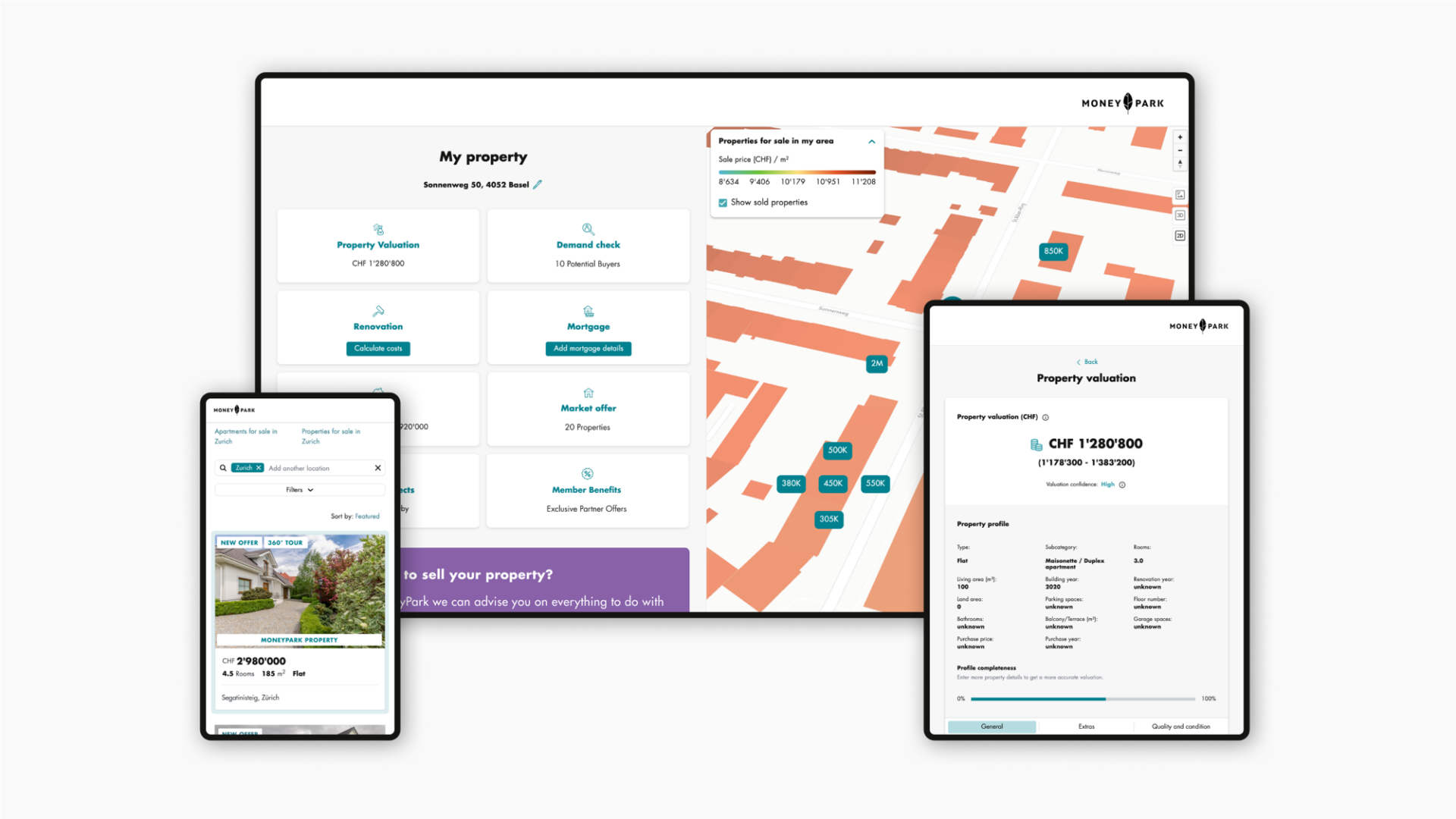
What to watch out for when moving.
Plan the move early with a checklist
Moving to your new home is certainly an exciting time, but there’s also a lot to organize in terms of the move itself. When would be the best time? Who do you ask for help? When should you redirect your post and change your address? Our checklist can help you think about all the important points.
Moving with a professional removal company
Make sure the removal company has business liability insurance. This covers the removal company if its employees cause any property damage or personal injury during the move. You should also check the parking situation in advance to avoid any complications or additional costs.
Moving yourself: Tips for a rental vehicle
If you rent a van for your removal, you should check it carefully for defects when you pick it up, so that defects discovered later are not incorrectly traced back to you. Damage to the underbody, wheels or roof is often overlooked.
Read the rental conditions carefully with regard to the scope of insurance. If damage occurs to the rental vehicle, it is generally covered by the rental insurance. However, the terms of the contract always include a deductible. Depending on your insurance situation, your private liability or Assistance insurance for motor vehicles will cover this.
Damage caused to third parties is covered by the owner’s compulsory motor vehicle insurance.
Review the sum insured
People who have just moved into a new home like to buy new furniture. Moving home therefore provides an opportunity to review the sum insured of your household contents, especially if there has been a substantial change in your living situation. If you don't do this, you run the risk that your insured amount is too low and that you are under-insured. In the event of a claim this would mean that you would not be fully compensated for the value of your household contents.












